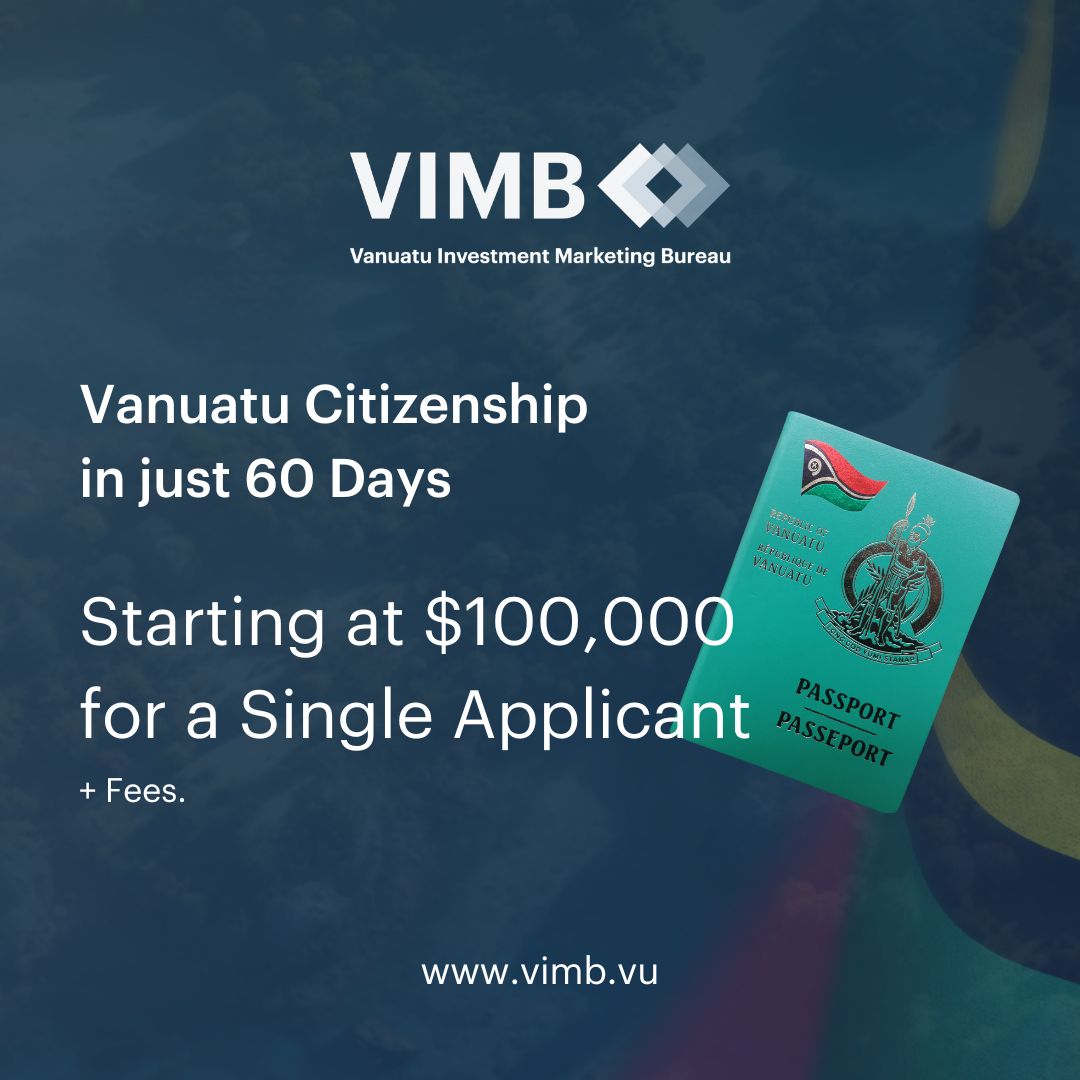EU’s Travel Transformation: Schengen Visa Goes Digital for Quicker, Easier Entry for Vanuatu Passport Holders
The European Union (EU) is set to revolutionize the Schengen visa application process through digitalisation. This new initiative promises to make travel within the Schengen area more straightforward and efficient by transitioning from traditional paper-based applications to a fully digital system. For holders of Vanuatu passports, this welcome move is set to eliminate the outdated requirement for visa stickers and the need to visit consulates or service providers for application appointments.
The Schengen area is comprised of 23 out of the 27 EU member states, as well as four associated countries: Switzerland, Norway, Iceland, and Liechtenstein. By streamlining the visa application process, this new system aims to facilitate smoother entry into these countries for travellers.
Upon its imminent launch, the online visa application platform will enable users to upload necessary documentation, personal data, and even biometric information electronically. Moreover, payments can be made directly through the platform, further enhancing the convenience for applicants by negating the necessity to physically visit application centers.
The digital platform is poised to be particularly beneficial for applicants from regions experiencing high demand for Schengen visas. These travellers often face difficulties securing appointment slots due to sheer volume. The digitalisation of the process not only ensures a smoother procedure but also automatically allocates appointments, thereby simplifying the planning phase of travel.
Besides heightened convenience, the new system is anticipated to significantly boost the overall efficiency of the visa application process. The removal of the requirement for in-person appointments and physical visa stickers will relieve the administrative burden on consulates and service providers. This streamlined approach allows for quicker and more efficient processing of applications.
From a security perspective, the inclusion of biometric data in the digital application process enhances the ability of authorities to verify identities more effectively and to prevent fraud.
This shift towards digitalisation is reflective of a broader trend within the EU, which has been actively embracing technology to streamline a variety of processes and services. These range from online voting systems to digital government services, indicating a clear move towards an increasingly digital EU framework.
In conclusion, the digitalisation of the Schengen visa application process represents a significant advancement in making travel within the Schengen area easier, faster, and more secure. Expected to be operational in the near future, this new system is poised to transform the travel landscape for millions of international visitors.
Sources:
Economic Times – Digitalisation of Schengen Visa Application Will Be a Game-Changer











